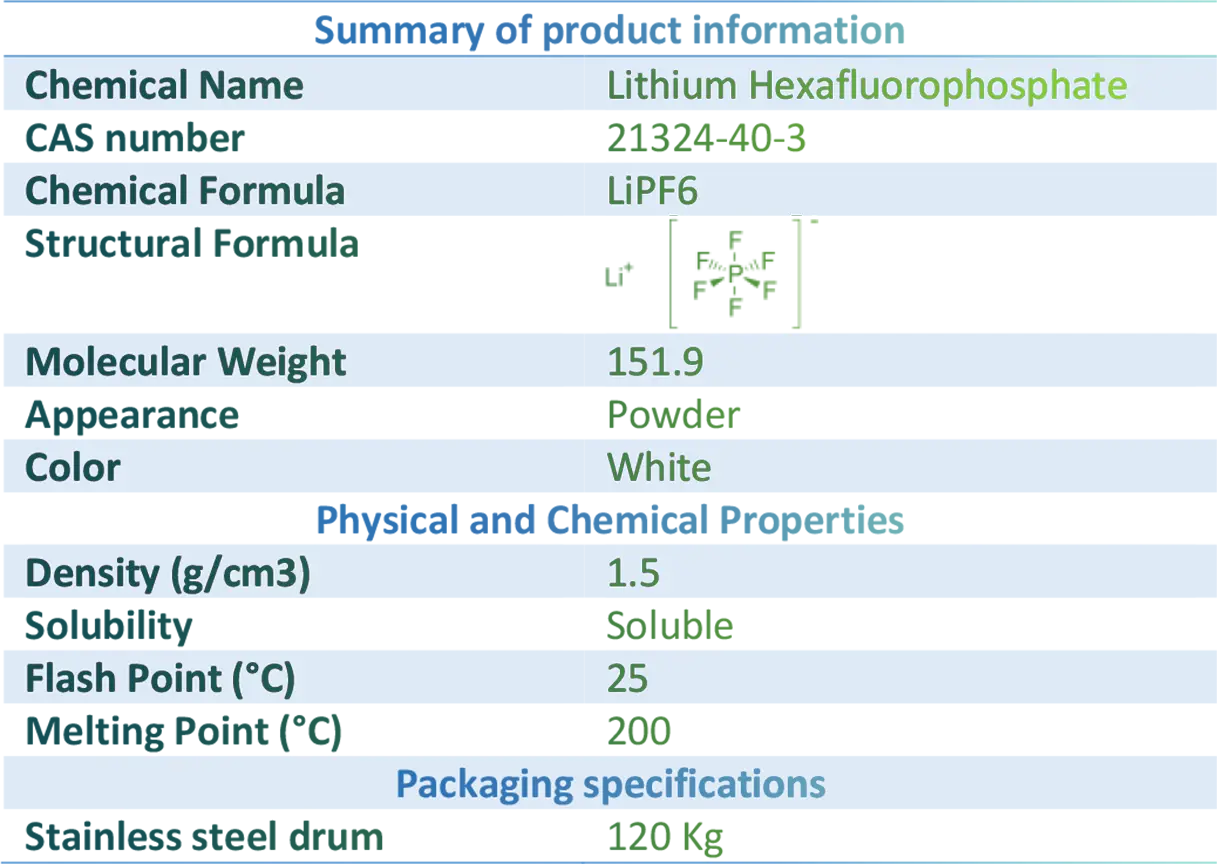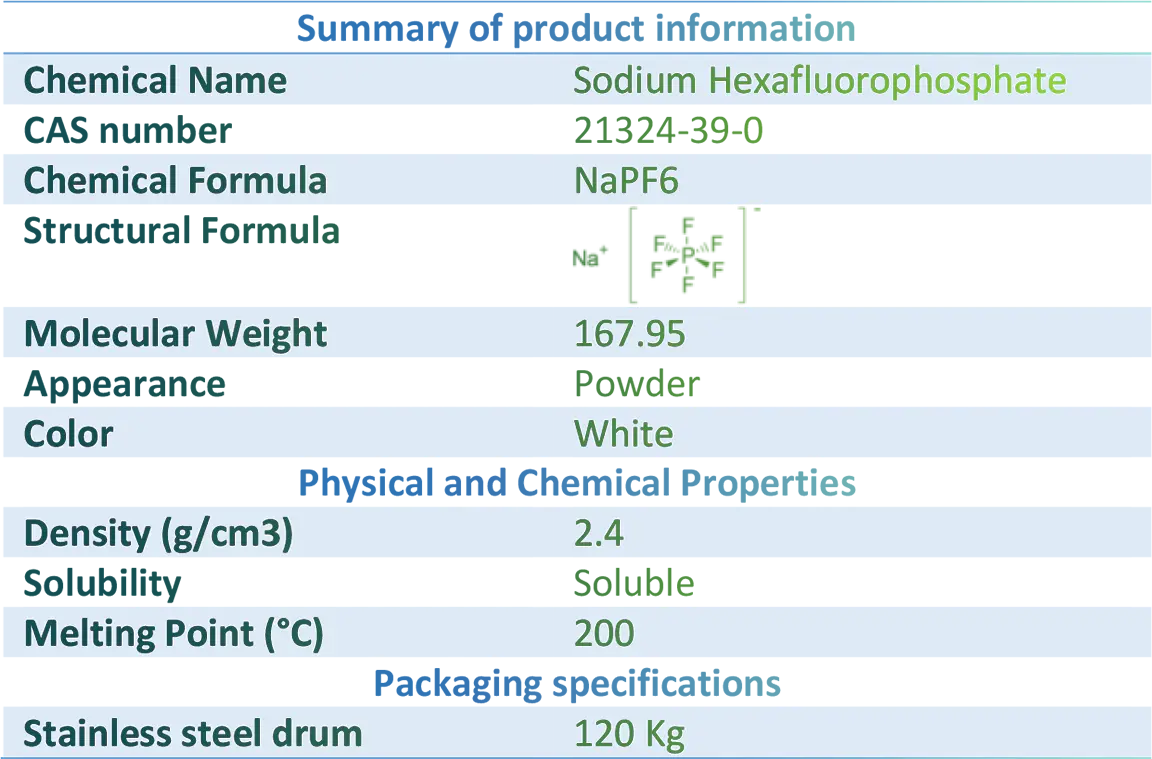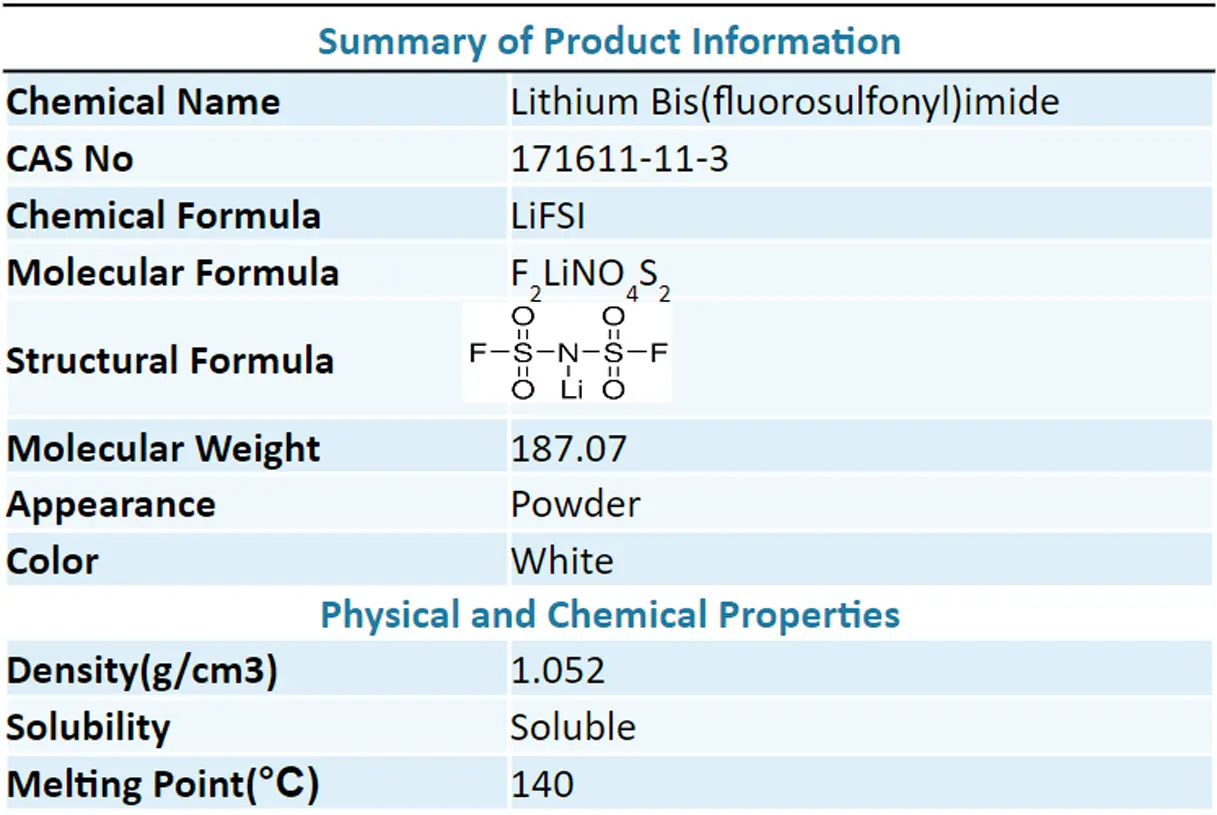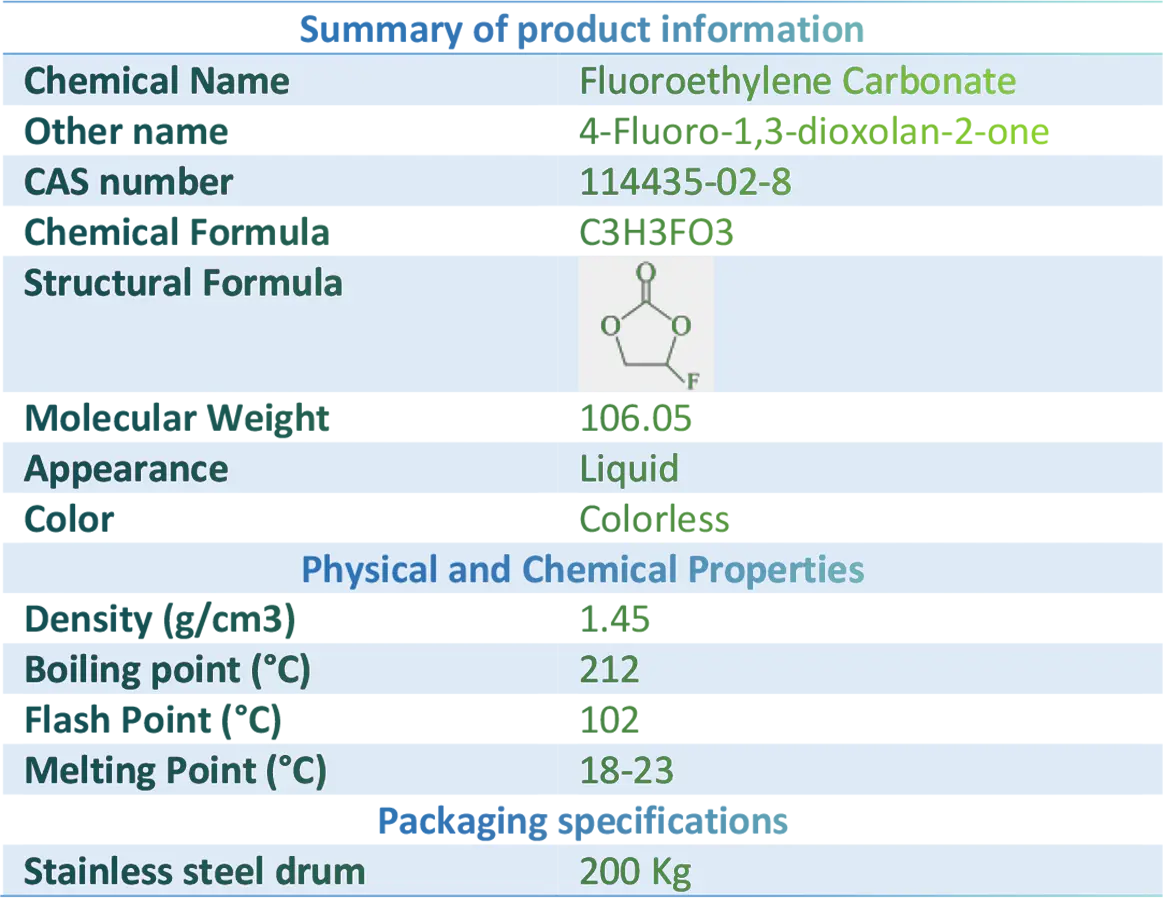
Lithium Hexafluorophosphate (LiPF6)
Lithium hexafluorophosphate (LiPF6) is the conventional salt used to produce electrolytes for lithium-ion batteries (LIBs).
LiPF6 based electrolyte is suitable for all LIB chemistries such as LCO, LMO, NMC, NCA, LFP & LMFP that are used in all sorts of applications like 3C digital devices and power tools, Electric Vehicles & Energy Storage Systems.
GFCL EV offers LiPF6 salt with good solubility, high purity and a higher degree of ion conductivity.
.webp)
Storage Unit ISO-Drums
.webp)


.webp)
.webp)


